3 Fennel Spice Substitutes That Add Similar Depth
Fennel spice adds a sweet, anise-like flavor that enhances Mediterranean and Indian dishes, but it’s not always easy to find.
When fennel seeds aren’t available, options like anise seeds, dill seeds, or caraway seeds can provide similar aromatic profiles.
Each substitute contributes its own subtle differences, so choosing based on recipe context is important.
These spices work well in spice blends, sausages, and roasted vegetables where fennel is traditionally used.
Understanding these nuances helps maintain dish authenticity while accommodating pantry shortages.
With thoughtful substitutions, your dishes retain their signature flavors.
Discover the best fennel spice alternatives for your kitchen.
Fragrant and Sweet Fennel Spice Alternatives
Fennel spice alternatives carry fragrant, sweet notes that enhance everything from roasts to breads. Herbal or seed-based swaps add complexity. See which spices could brighten your dishes.
Cumin Seeds
Cumin brings an earthy, spicy kick to dishes across Mexican, South American, and Indian cuisines, making it a star ingredient in curry powder, fajita spices, chili powder, and taco seasoning.
This versatile spice comes in both powder and seed form, with the seeds being perfect when visibility matters in your recipe, similar to fennel.
The distinct flavor profile of cumin sets it apart from fennel, though both share some earthy qualities that make them popular in global cooking.
When substituting, remember that equal amounts work well, but cumin powder typically packs more punch than the seeds.
Dill Seeds
Dill seeds serve as an excellent substitute for fennel seeds in many recipes, especially when you're looking for that similar aromatic quality.
These small seeds resemble fennel in appearance, though they lack the distinctive sweetness and offer a more zesty flavor profile instead.
For the best results, using slightly more dill than the recipe calls for fennel helps compensate for its milder intensity.
The subtle difference makes dill particularly well-suited for savory dishes, especially those featuring fish or eggs where the gentler flavor won't overpower other ingredients.
Carraway
Fennel seed substitutes offer home cooks flexible options when this distinctive spice is unavailable in your pantry.
Caraway seeds stand out as the top alternative due to their similar licorice-like flavor profile, though they carry a stronger, more bitter taste than fennel's sweeter notes.
For the best results in savory dishes, start with smaller amounts of caraway to capture fennel's earthiness without overwhelming your recipe.
These versatile seeds work wonderfully in rye bread, cabbage dishes, and various meat preparations where that characteristic anise flavor is desired.
How Long Can Fennel Spice Alternatives Be Stored Without Losing Aroma?
Fennel spice alternatives, like most ground spices, generally retain their aroma and potency for about six months to a year when stored properly. Whole spices tend to last much longer - often up to two years - because their essential oils remain more intact until they are ground.
To preserve the best flavor and extend shelf life, it’s important to store spices in airtight containers to minimize exposure to air, which can cause aroma degradation. Keeping them in a cool, dry place away from heat sources such as stoves or ovens also helps maintain their quality.
Additionally, protecting spices from direct sunlight by using opaque containers or storing them in dark cabinets prevents flavor loss.
Avoiding moisture is equally important, as it can cause clumping and speed up the deterioration of the spice’s aroma. Following these storage practices ensures fennel substitutes stay fresh and flavorful for as long as possible.
Is It Possible To Match Fennel’s Fragrance Using A Combination Of Other Spices?
Yes, you can replicate fennel’s distinctive sweet and licorice-like fragrance by blending a few complementary spices. The best substitutes and blends include:
Combining these spices allows you to mimic the layered aroma and flavor of fennel, especially in dishes where fennel isn’t available.
Does Light Exposure Reduce The Potency Of Fennel-Like Spices?
Yes, light exposure significantly reduces the potency of fennel and similar spices by breaking down their essential oils faster. This degradation leads to a loss of aroma and flavor intensity, affecting the overall taste of your dishes. To prevent this, you should:
By minimizing light exposure, you help maintain the vibrant flavor profile and aromatic qualities of fennel substitutes for longer periods.

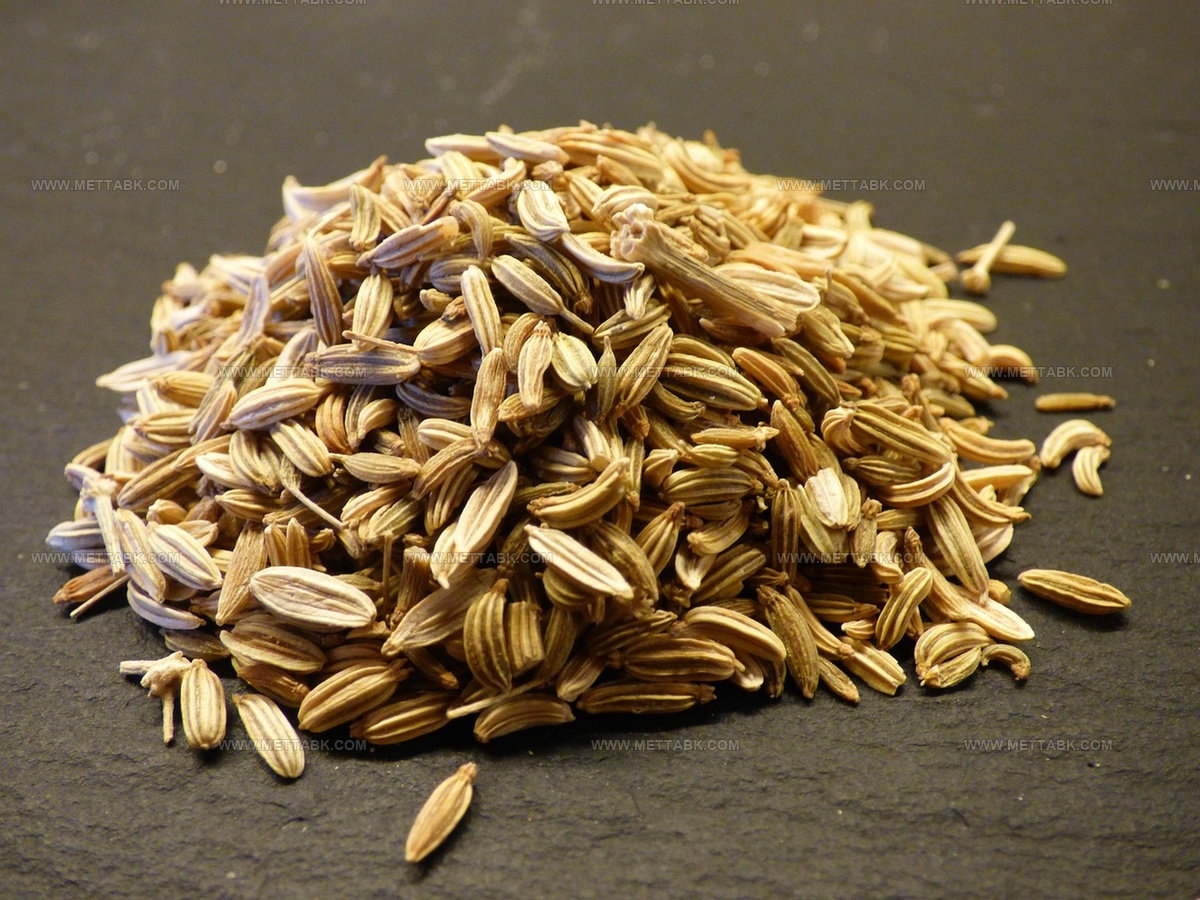
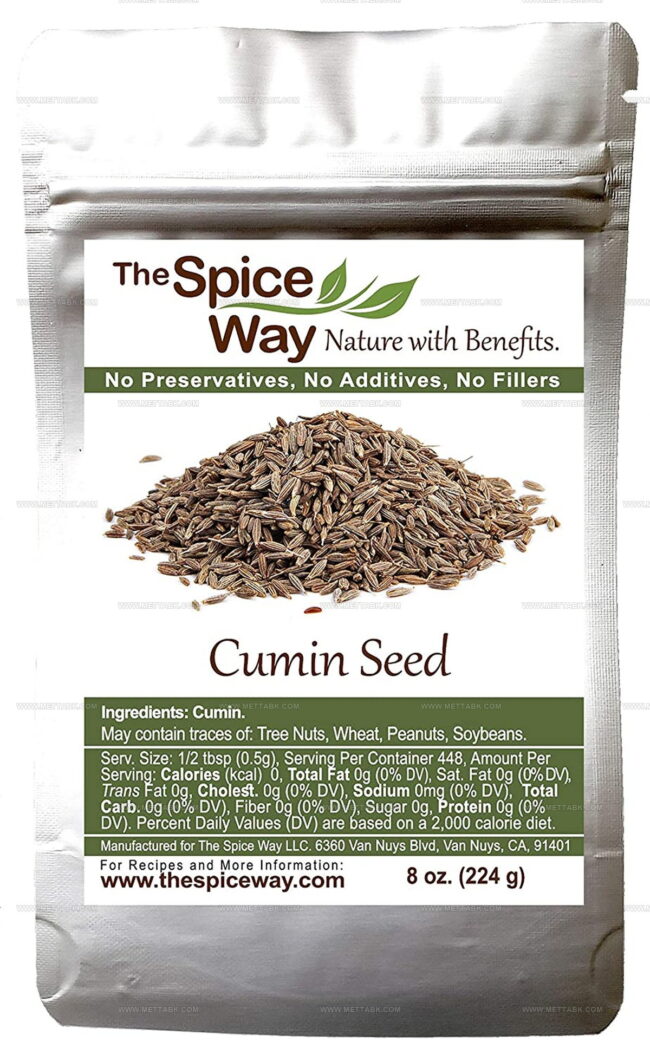
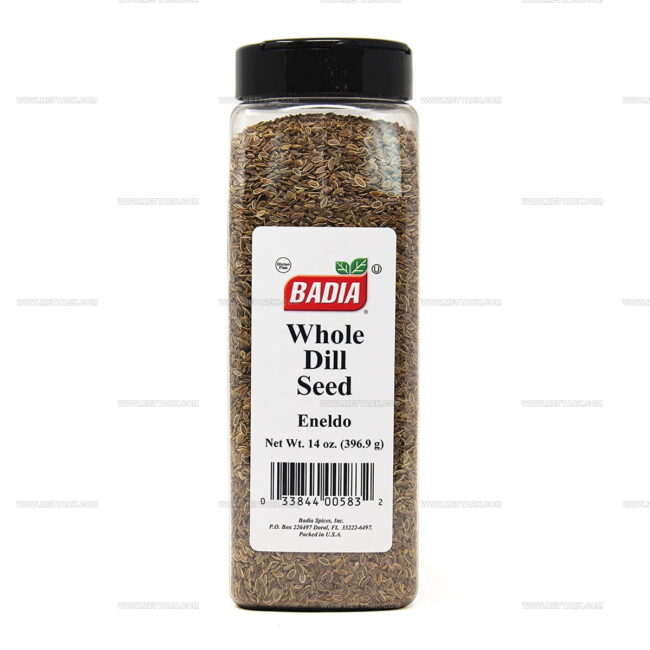
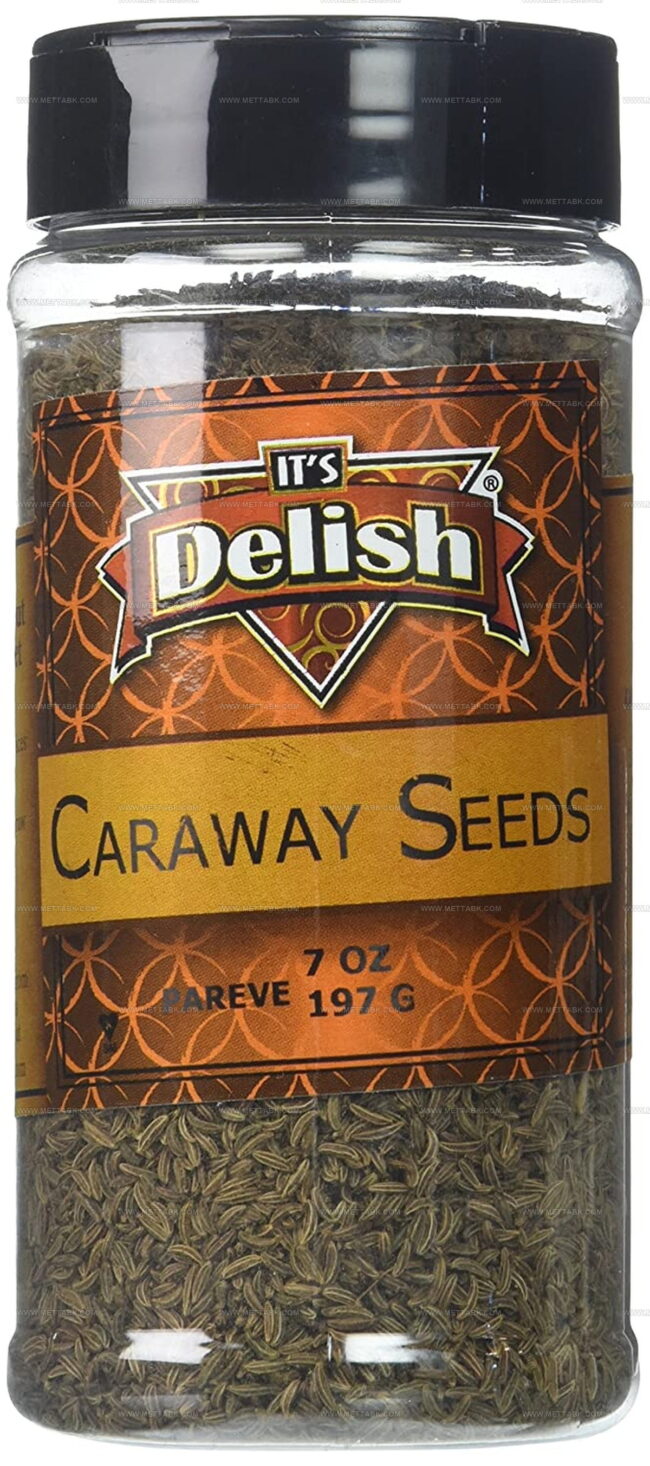
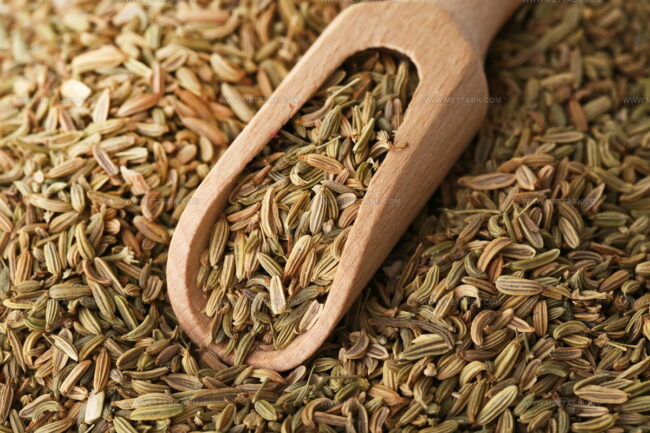
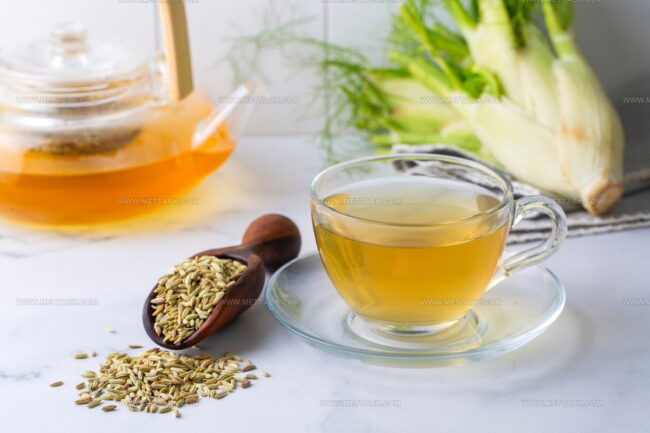
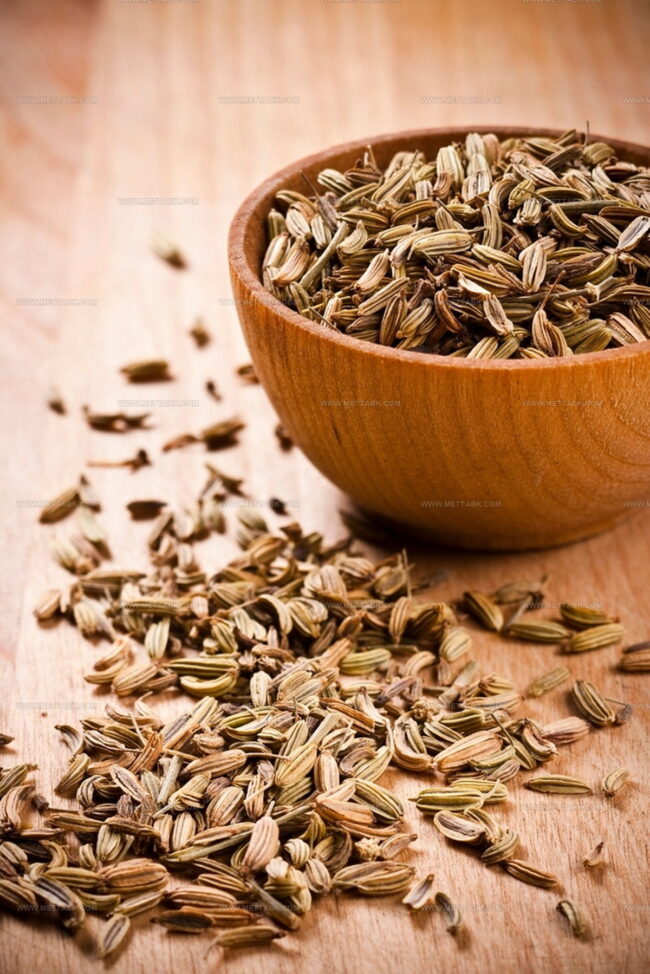
Nate Harper
Founder & Recipe Curator
Expertise
Single-Recipe Development, Farm-to-Table Cooking, Seasonal Menu Planning, Culinary Storytelling, Home Kitchen Innovation
Education
Cascade Culinary Institute – Central Oregon Community College
Certificate in Culinary Arts
Focus: Farm-to-table cuisine, sustainable cooking practices, and seasonal recipe creation.
Nate studied under experienced chefs who emphasized local sourcing, minimal waste, and building recipes from fresh, simple ingredients.
Nate Harper is the founder and creative force behind Make, Take, Bake. Raised in the wild beauty of Oregon’s high desert, Nate grew up surrounded by family gardens, farmers’ markets, and home kitchens that celebrated the seasons.
His early love for simple, honest food evolved into a professional passion when he attended Cascade Culinary Institute, where he sharpened his skills in creating recipes that are sustainable, satisfying, and made for everyday life.
Nate’s goal is to make cooking feel accessible, free of fuss, and full of flavor. He believes a single, thoughtfully built dish can stand alone, and sometimes even steal the show.